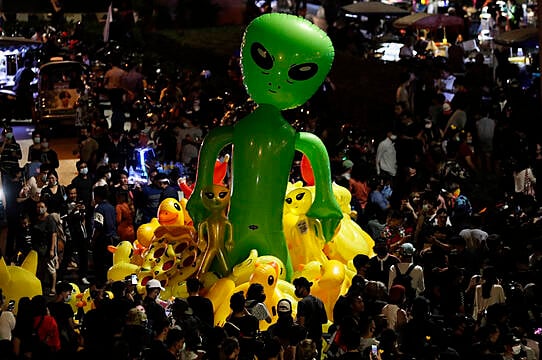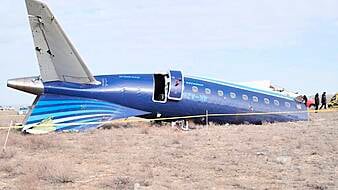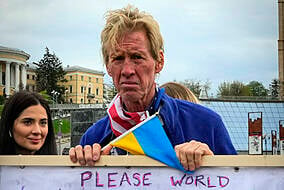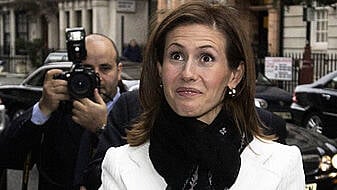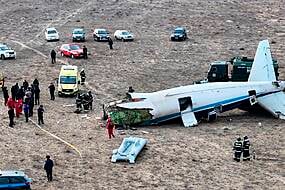Pro-democracy demonstrators in Thailand have staged another protest in which they poked fun at their critics and warned of the possibility of a military coup.
The potential for violence was illustrated after their last rally on Wednesday, when, after it ended, two men were reportedly shot and critically wounded.
Although the incident remains murky and its connection to the rally unclear, it was a reminder of the student protesters’ vulnerability.

The protest movement’s core demands are for prime minister Prayuth Chan-ocha and his government to step down, the constitution to be amended to be more democratic and the monarchy to be reformed to make it more accountable.
Their demand concerning the monarchy is the most controversial and earns them the most enemies.
The royal institution by law and tradition is virtually untouchable, and regarded by many as the bedrock of national identity. The military has declared defence of the monarchy to be among its foremost duties.
The protest leaders believe that King Maha Vajiralongkorn holds more power than is appropriate under a constitutional monarchy and have made that the centerpiece of their campaigning in recent weeks.
Although any criticism of the monarchy used to be taboo, speeches at the rallies – as well as signs and chants – include caustic words about the king and the palace.

In response, Thai authorities have escalated their legal battle against protest leaders, charging 12 of them under the lese-majeste law for defaming the monarchy. It carries a penalty of three to 15 years’ imprisonment but has not been used for the past three years.
Historically, defending the monarchy has been abused for political reasons. It has also triggered violence, most notably in 1976, when it led to the killings of dozens of students at a university protest against the return from exile of an ousted military dictator. That event was the trigger for a coup and since then Thailand has had successful coups in 1977, 1991, 2006 and 2014.
There is concern that if the government feels it cannot control the protests, which show little sign of abating, it may impose martial law or be ousted by the army in a coup.
Some speakers on Friday evening urged the crowd to take measures to resist any coup that might be launched.
Panupong “Mike Rayong” Jadnok urged both symbolic and actual resistance in case the military tried a takeover.
He said: “If a coup is staged, please tie a white ribbon in front of your house. If they take it away, we will just tie one back on again.”
He also urged people to abandon their cars in the road and declared: “A coup cannot be achieved again as long as we come out and seize every intersection across the country.”

Resisting any coup attempt was the nominal theme of the rally, which began in a festival-like atmosphere that has marked many of the protest events.
Oversized inflatable yellow rubber ducks that became icons of the movement after they were used as shields against police water cannons were joined by balloons in the image of silvery space aliens. The balloons are displayed to mock accusations that “alien” foreigners fund and direct the protest movement.
Earlier on Friday, in another sign that the government was stiffening its crackdown, a television commentator who has been covering the protests, said he was summoned by police to face a charge of violating an emergency decree which banned the rallies.
The decree, which was temporarily imposed in October, was ignored by protesters, with little attempt at enforcement.
Sirote Klampaiboon works with Voice TV, a digital TV and web station that is sympathetic to the protest movement. It has live-steamed all of the major rallies and continues to operate despite government attempts to shut it down.
Mr Sirote said that he was being bullied.
“I don’t know what I did wrong,” he said on his TV talk show.
“I am not a protester. I went to the protest as a reporter.
“In my life, I’ve never done anything illegal.”
